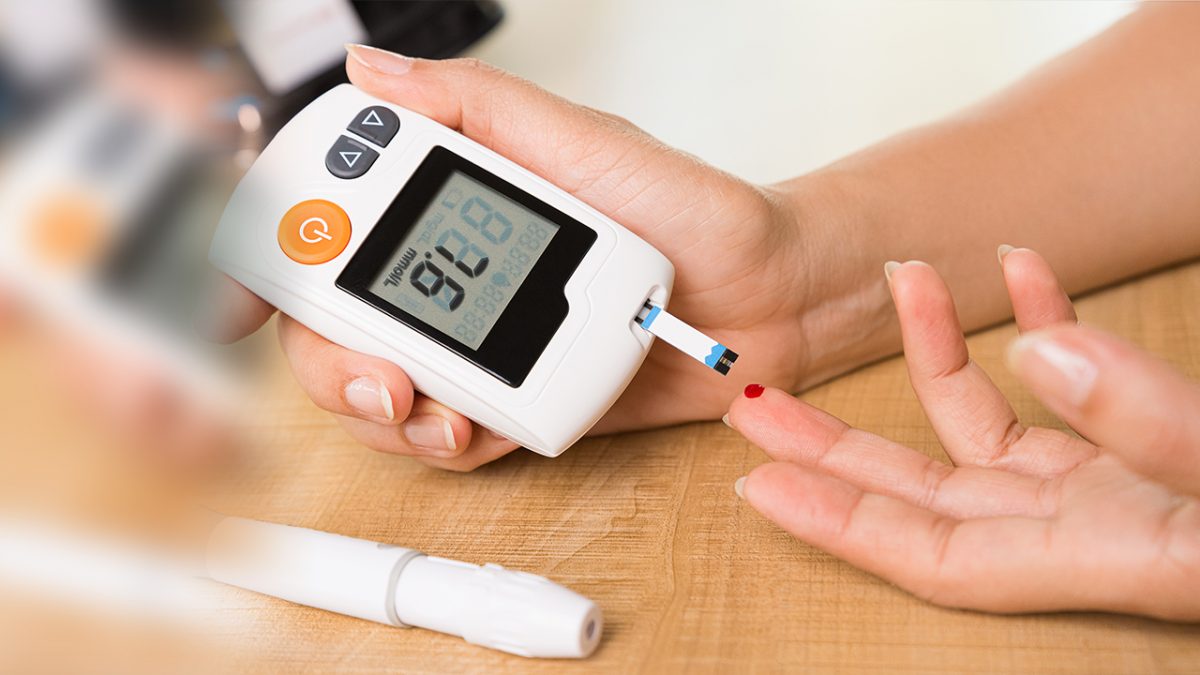Why you should check your sugar level
Yunus Abdulfatai has battled diabetes for many years. But despite the efforts of his caregivers who include his children and neighbours, his recovery has been slow. The family became worried when the last test conducted on him revealed that his sugar level had increased. The situation was worrisome for many reasons as the family had […]

Yunus Abdulfatai has battled diabetes for many years. But despite the efforts of his caregivers who include his children and neighbours, his recovery has been slow.
The family became worried when the last test conducted on him revealed that his sugar level had increased. The situation was worrisome for many reasons as the family had controlled his diet to regulate his carbohydrates and stopped his consumption of beverages and cookies.
However, before they discovered that he had devised a secret means to consume those products and other fast foods, it was too late.
Yunus, said to be above 70 years of age, first got his leg amputated before he succumbed to diabetes a few years later.
London protest: APC stakeholders ask IG, others to probe NNPP leaders
According to Professor Adekunle Bashir Okesina, a haematologist and consultant at the University of Ilorin, the key thing in all of these is to be wary of food consumed.
He explained that sugar level involved the measuring of the blood level of glucose to determine whether it’s normal or not.
He said, “So, high blood sugar is a disease that occurs when the body is not able to regulate the level of sugar in the body.
“There is a substance in the body called insulin, which the body produces to regulate the amount of sugar in the body system. When somebody lacks insulin or the amount is not enough, there is an increase in the blood sugar level, and when that happens, it affects the body as a whole by affecting the body’s immunity, which can lead to diabetes and then blindness by affecting the retina of the eyes.
“It can also affect the blood supply to the limbs and lead to hypertension and ulcer that may be difficult to heal.”
Professor Okesina, however, said diabetes could be handled by diet, exercise and drugs to control insulin level, adding that those over 40 should check their sugar level once a year “if it’s normal and more frequently in an abnormal case. It’s just to be sure that it’s not on the high.”
He further said, “Those that are at high risk include those with family history, and they must check frequently. Also, those on a sedentary lifestyle, who don’t have an active lifestyle but mostly eat and sleep, are prone to having it, among others.
On how high the sugar level should get before it can ring the alarm bell, Okesina said, “It can be measured in two units, mmol/L (millimoles per liter) or mg/dL (milligrams per deciliter). The latter should be between 3-6 millimoles per litre, which is around 80-110 milligrammes per deciliter. Anything above that should be suspected.
“While we are talking of high sugar levels, we must take cognizance that it should not be low, because this is more dangerous.
“One can walk around with high sugar, but not with low (hypoglycemia), and both can make you collapse when you are driving for instance. That is why you must have glucose available.
“Those that have high sugar levels should seek treatment before it leads to blindness or other presentation while those with low are advised to take soft drinks or any other sugar drinks to reverse it. They can also go to the doctor to investigate to discover any other cause. But it is better to avoid such drinks normally except as an emergency solution. The more you take them, the more problems.”
On whether the disease can be personally checked, he said, “Instruments like glucometer can be used, but it is not hundred per cent advisable, because it can be faulty without you knowing. It can be dangerous if you rely too much on it without cross checking with established laboratories. There is a need for a continuous check to ensure the numbers you are getting are correct.”
Okesina advised that, “Most health issues have to do with what we eat or drink, and having a good, reasonable diet can be very useful to your health. Diabetics must cut down on carbohydrate intake and tailor it with exercise culture. Salt is linked with hypertension, and our mode of removal from the body varies from person to person. Those who have a slow excretion pattern but take too much salt will have problems.”
